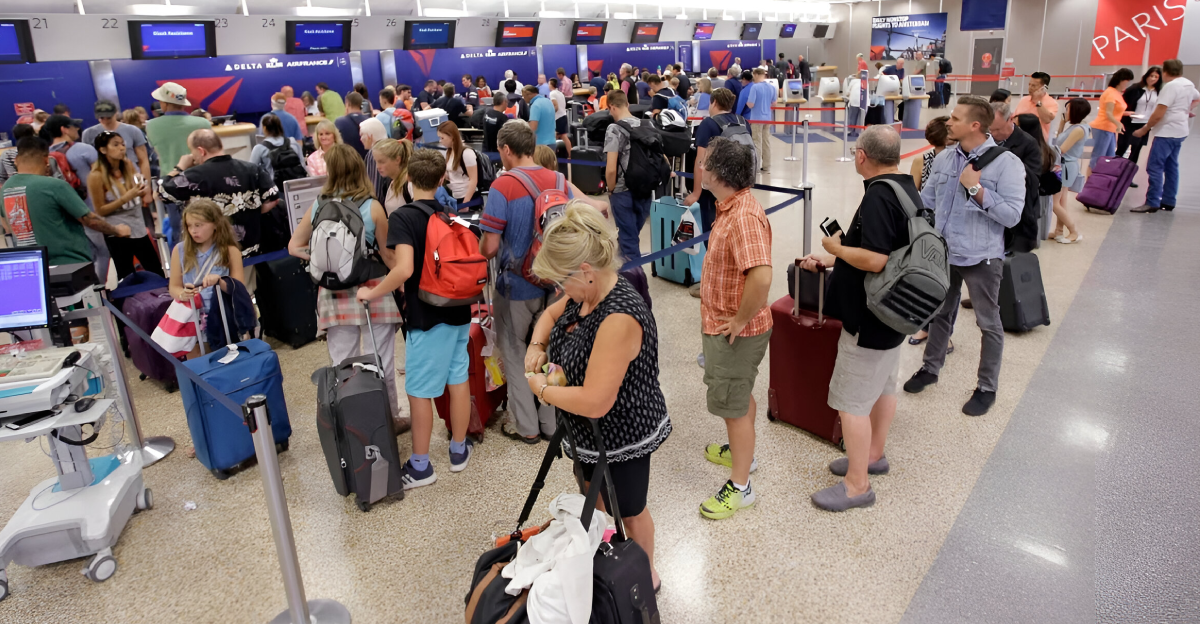
Airlines across the U.S. are quietly rolling out a new technology that could change how flight prices are set. Delta Air Lines now uses artificial intelligence to determine ticket prices for 3% of its domestic flights, with plans to expand this to 20% by the end of the year.
The technology, which is powered by the Israeli firm Fetcherr, analyzes massive amounts of data to predict precisely how much individual passengers are willing to pay. Experts say this shift toward AI in airline pricing represents a $30 billion opportunity, offering an additional profit of $4.10 per boarded passenger. This isn’t just about efficiency; it’s about extracting maximum value from each traveler.
Price Shock
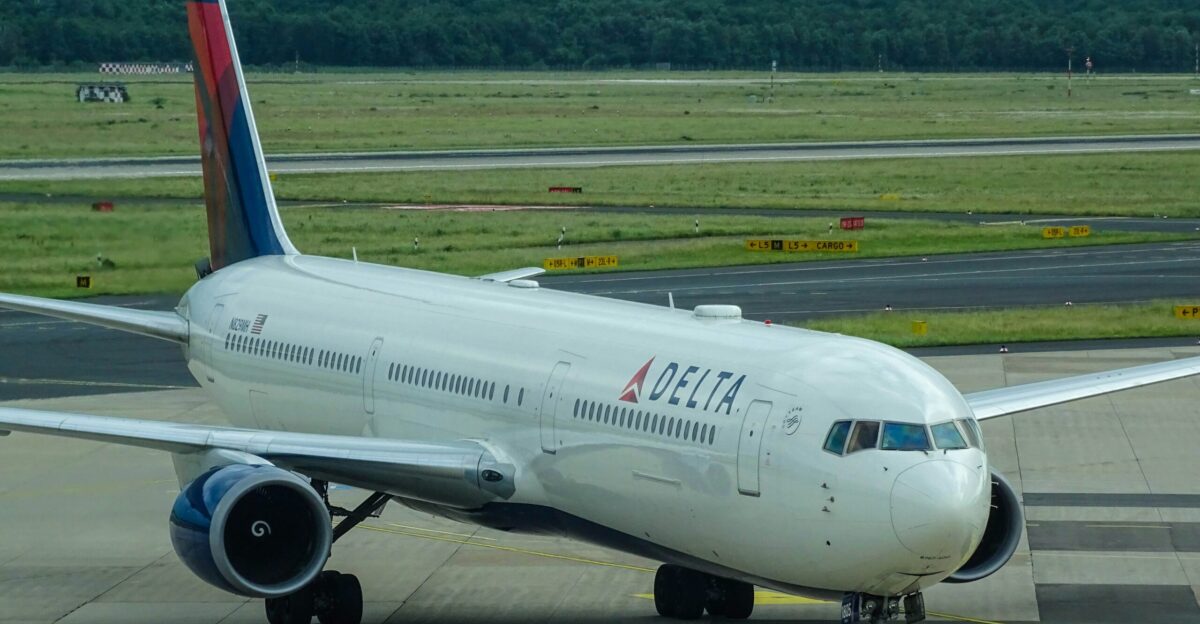
With airline ticket prices surging faster than rent, many American families are already feeling the financial squeeze. According to the Bureau of Labor Statistics, airfares jumped 4.7% year-over-year in November 2024, exceeding the 4.4% increase in rental costs that has driven persistent inflation.
Delta’s AI pricing represents a dramatic escalation beyond traditional dynamic pricing, where two passengers searching for identical flights at the same time could receive entirely different prices based on algorithmic assessments of their personal data.
Consumer Watchdog found that companies already using surveillance pricing charge customers up to $100 more for televisions when they’re in store parking lots versus any other locations. Delta’s expansion threatens to normalize this predatory approach across aviation.
Industry History
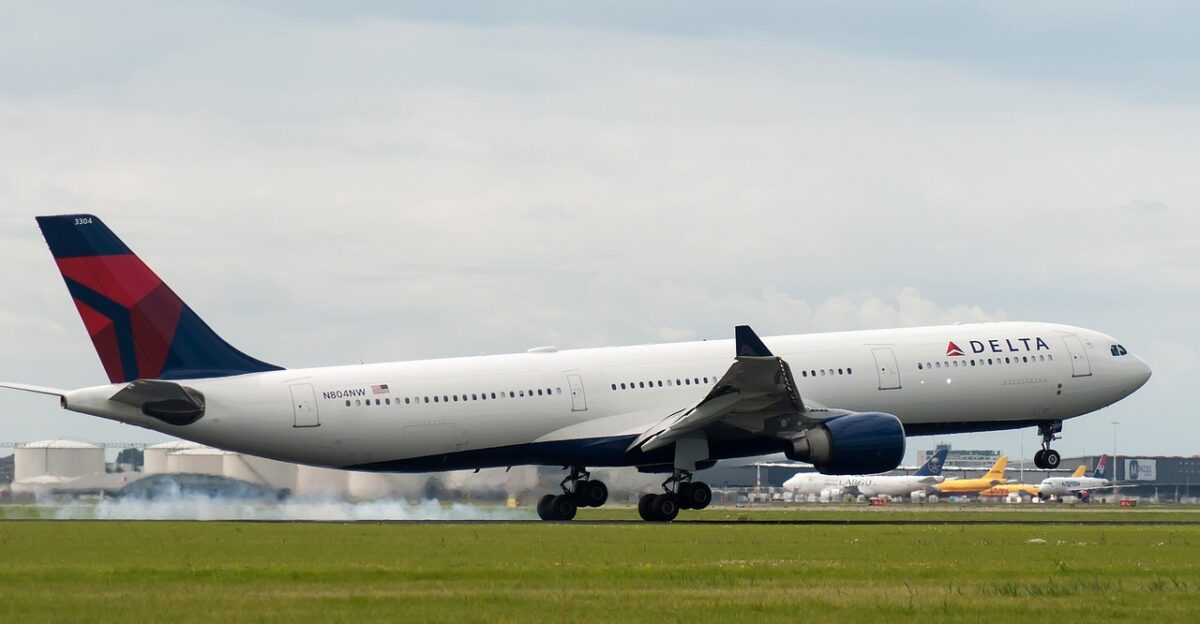
Airlines have used dynamic pricing for decades, but Delta’s AI system is a revolutionary departure from traditional revenue management. Back in the 1980s, American Airlines led the way with a system called yield management, introduced by then-President Robert Crandall. It boosted profits by $500 million per year by offering cheaper rates for early bookings and premium prices for last-minute travelers.
Dynamic pricing in air travel began in the 1970s, when the Civil Aeronautics Board still regulated domestic airfares before deregulation in 1978 allowed airlines to set their own prices. Traditional pricing systems used “fare buckets”—10 to 26 fixed booking classes, each with its own specific rules and restrictions. Today’s AI-powered systems have moved far past that model, creating individualized prices in real-time based on personal data analysis. But why is this happening?
Mounting Pressure
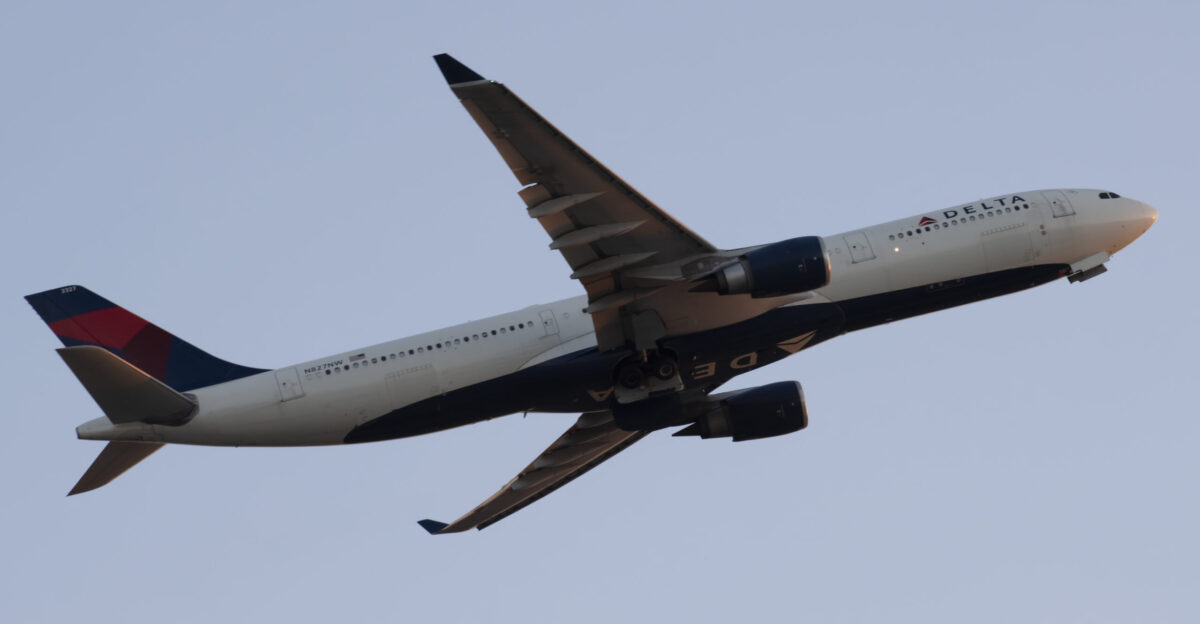
Well, rising operational costs and competitive pressures are pushing airlines toward increasingly aggressive pricing strategies. Jet fuel alone makes up about a third of airline expenses and remains persistently high, while a global push for sustainable aviation fuel creates even more financial pressure. To keep up, airlines are cutting routes to restrict supply and drive up prices, with United Airlines leading capacity reductions.
The International Air Transport Association predicts that airline revenue will reach nearly $1 trillion globally in 2024, with profits expected at $60 billion despite carriers claiming they need higher fares to survive. This environment creates perfect conditions for airlines to justify algorithmic price discrimination as a necessity for survival.
The Pricing Transformation
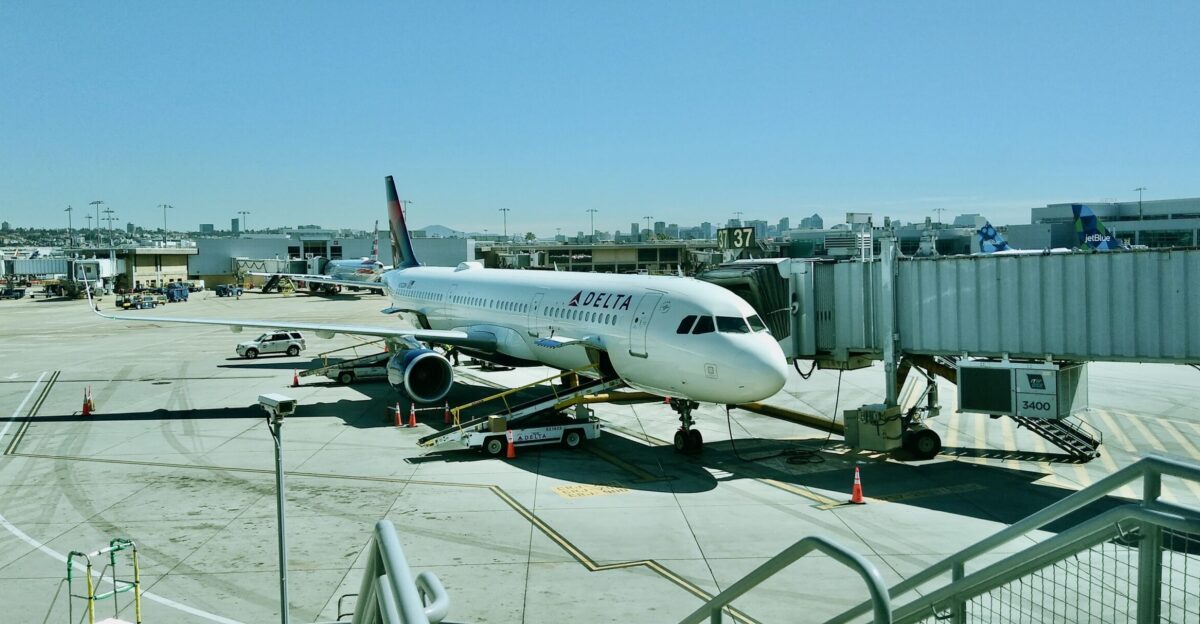
On July 10, 2025, Delta President Glen Hauenstein revealed the airline’s radical pricing transformation during the company’s quarterly earnings call. “Today, we’re about 3% of domestic… our goal is to have about 20% by the end of the year,” Hauenstein revealed, calling it “a full reengineering of how we price and how we will be pricing in the future.”
Fetcherr functions as what Hauenstein called a “super analyst working 24/7” to determine individualized ticket prices. Initial results show “amazingly favorable unit revenues,” with the technology designed to present each passenger “a price that’s available on that flight, on that time, to you, the individual.” This marks the first time a major U.S. airline has publicly embraced surveillance pricing. But what impact will this decision have?
Regional Impact
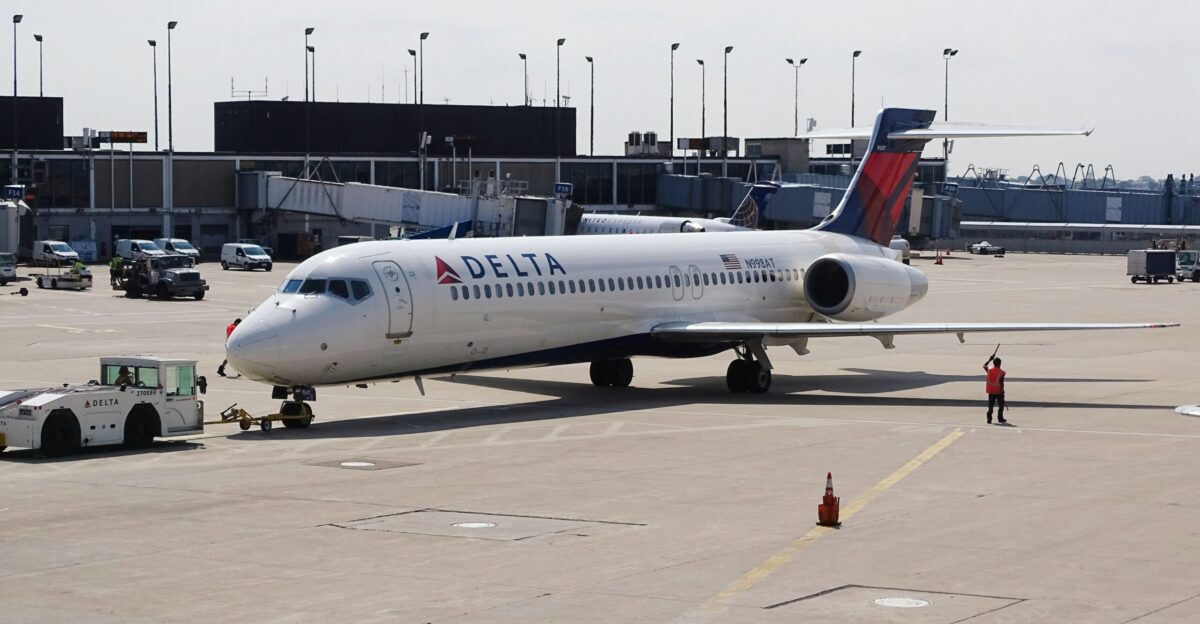
Consumer advocates have warned that Delta’s AI pricing could disproportionately impact vulnerable populations across different regions and demographics. The technology analyzes location data, which privacy experts note can perpetuate discriminatory practices by charging higher prices in certain ZIP codes. Rural travelers with limited airline options face bigger risks, as they may have fewer alternatives when algorithmic pricing targets their desperation.
Business travelers on corporate expense accounts could subsidize leisure travelers, or alternatively find themselves paying higher rates because algorithms detect their reduced price sensitivity. The European Union’s consumer protection agency BEUC has urged a ban on these pricing methods, warning they create “welfare loss and discrimination” while harming “privacy and autonomy in decision making.”
Consumer Stories

American families are expressing growing frustration with confusing and unfair airline pricing practices that already strain household budgets. Privacy advocate Justin Kloczko of Consumer Watchdog describes surveillance pricing as “price gouging based on predictive behavior,” explaining that companies are “weaponizing personal data against you in order to charge more.”
The technology raises disturbing scenarios where airlines could charge bereaved passengers higher fares because algorithms detect they “just had a death in the family and need to fly across the country,” as former FTC Chair Lina Khan warned.
Research shows passengers experience “psychological pressure” when facing unpredictable price changes and might lose trust in airlines they perceive as manipulative. One consumer advocacy petition demanding airline pricing transparency notes how “seemingly arbitrary” flight pricing causes stress for travelers who need “reliable and equitable travel solutions for critical life events.”
Congressional Response

Meanwhile, Democratic Senators are taking action against Delta’s use of surveillance pricing, highlighting the risks it poses to consumers. Senator Ruben Gallego led colleagues Mark Warner and Richard Blumenthal in a formal letter to Delta CEO Ed Bastian, demanding answers about the airline’s AI pricing expansion.
“Delta’s current and planned individualized pricing practices not only present data privacy concerns but will also likely mean fare price increases up to each individual consumer’s personal ‘pain point’ at a time when American families are already struggling with rising costs,” the senators wrote.
Gallego denounced the practice as “predatory pricing,” declaring “I won’t let them get away with this.” The Federal Trade Commission has launched a broader investigation into surveillance pricing, issuing orders to eight companies in July 2024 to understand how businesses exploit personal data to charge individualized prices.
Market Trends
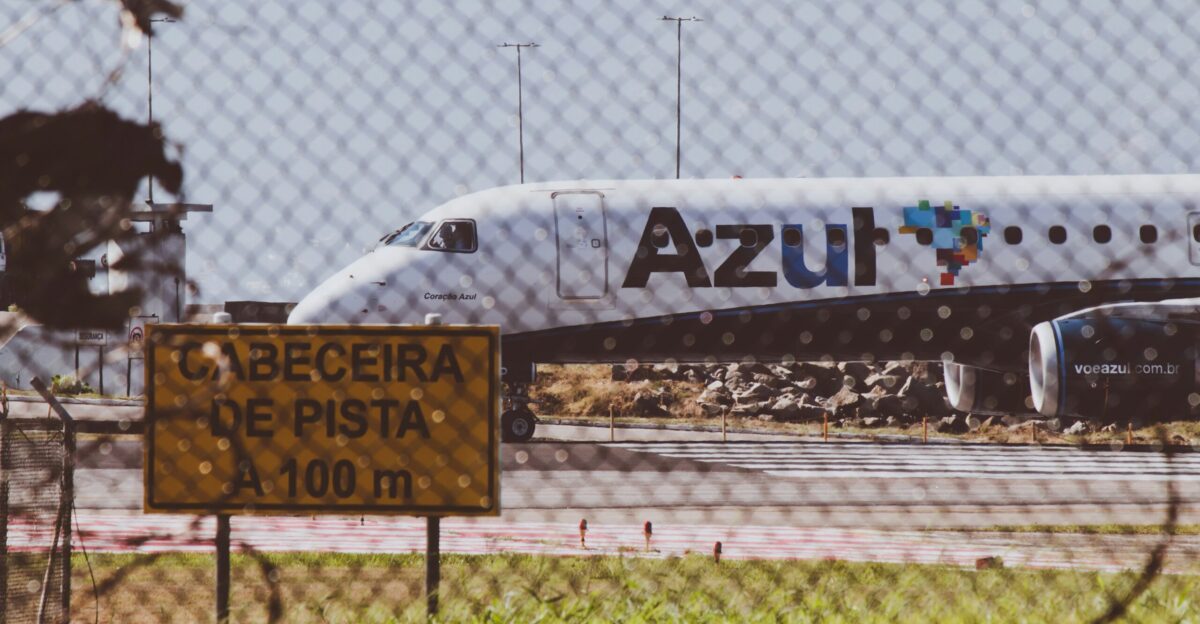
Delta’s AI pricing initiative reflects a broader transformation toward personalized pricing across multiple industries, driven by companies’ access to unprecedented consumer data. The FTC’s surveillance pricing study has already found that at least 250 companies, from grocers to clothing retailers, are experimenting with these techniques.
Fetcherr, Delta’s AI partner, raised $90 million in Series B funding and works with Virgin Atlantic, WestJet, and Azul Airlines, indicating surveillance pricing will spread throughout aviation.
Meanwhile, industry analysis suggests AI-driven revenue management could generate up to 10% revenue increases for airlines, with some studies showing personalized pricing increases profits by up to 5%. Airlines are abandoning traditional fare structures entirely and Delta ultimately plans to eliminate static pricing altogether, creating a future where every passenger pays a unique algorithmic rate.
The Future
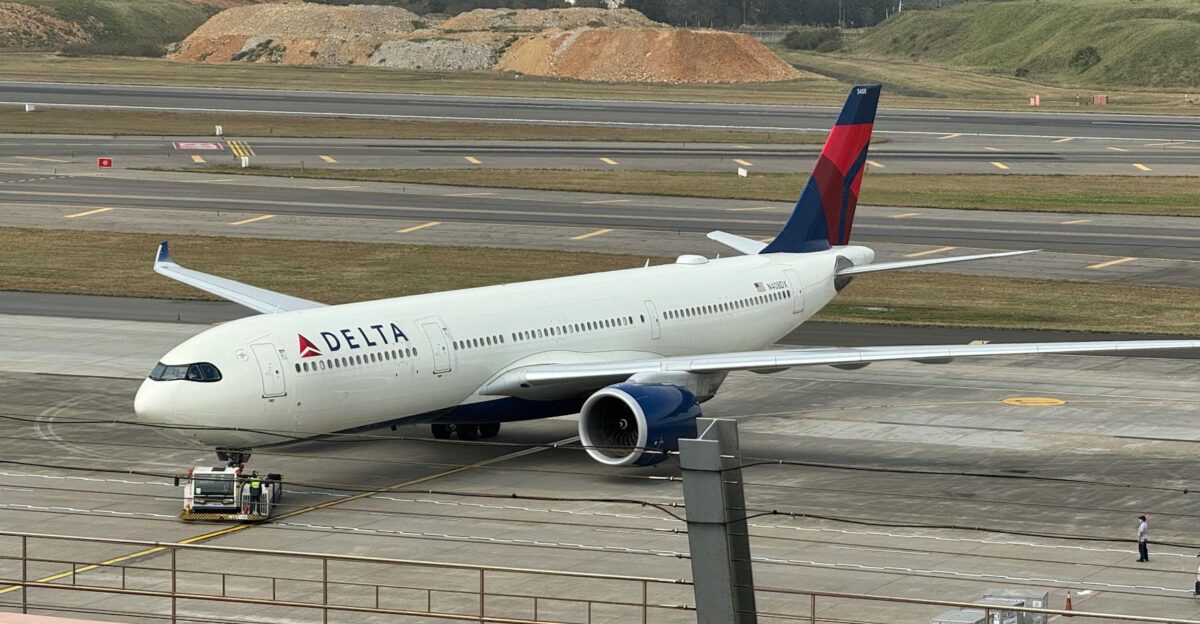
As Delta prepares to expand AI pricing to one in five domestic flights by the end of this year, travelers face a fundamental question: Will algorithmic surveillance become the new normal for American commerce? The airline’s success or failure with personalized pricing could determine whether other carriers, and industries beyond aviation, adopt similar data-driven discrimination.
